If you’re serious about what goes into your body, you probably spend quite a bit of time in the kitchen. But if you spend all that time, money and energy preparing healthy meals, why would you use harsh, harmful chemicals to keep your kitchen clean? There are plenty of ways to clean your kitchen without introducing nasty chemicals that could possibly contaminate your food. In fact, many of these ways are cheaper than commercial cleaning products too. Here are some tips on how to clean your kitchen using all-natural solutions to save you time and money.
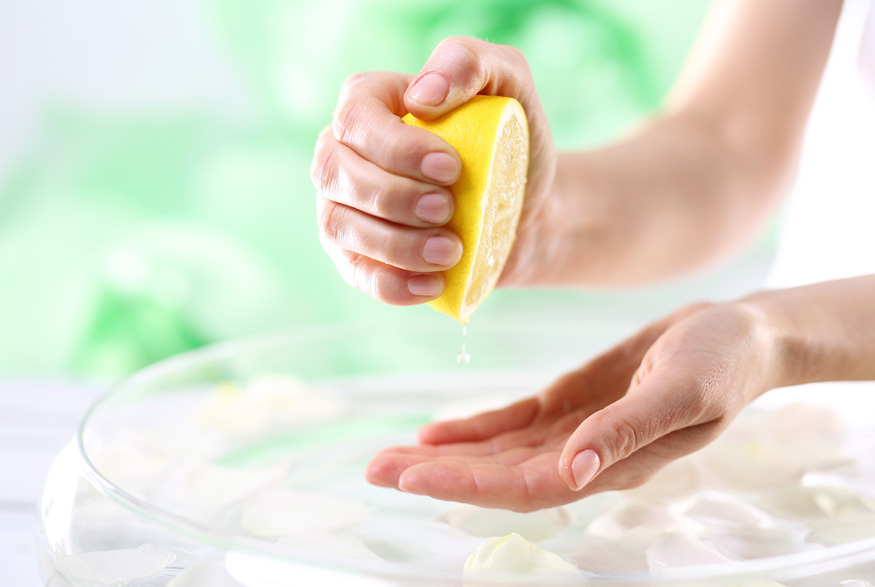
Use Lemon Juice on Stains
Lemons are one of the most versatile fruits you can get. They’re not only great for cooking with, they’re also a powerful natural cleaner. Spray some fresh lemon juice on food stains, greasy spots or even mildew and it will loosen things up enough for you to simply wipe away the dirt.
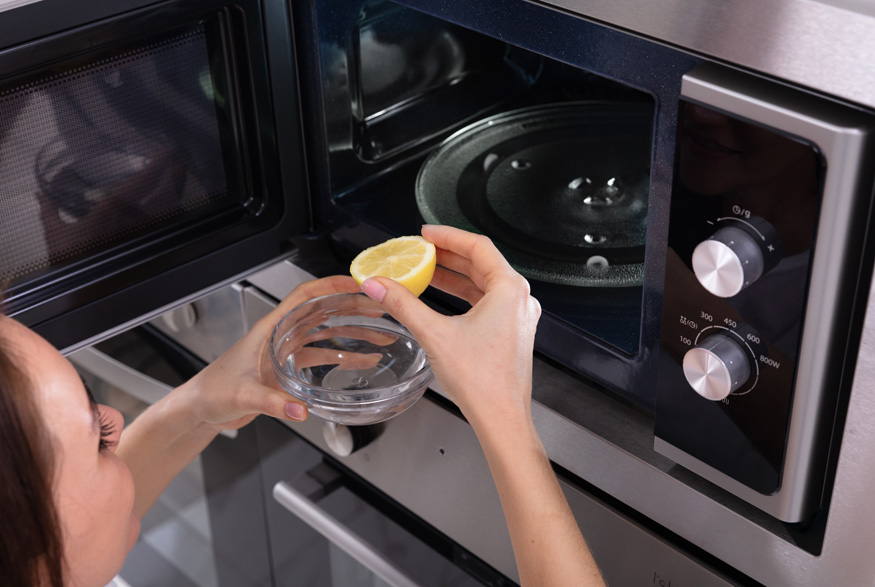
Use Citrus for Cleaning the Microwave
One of the easy and quick hacks for cleaning your microwave is to place a few slices of citrus, like lemons or oranges, in a bowl of water and microwave everything on high for a few minutes. The steam will loosen dirt and grime and the citrus will deodorize your microwave at the same time.
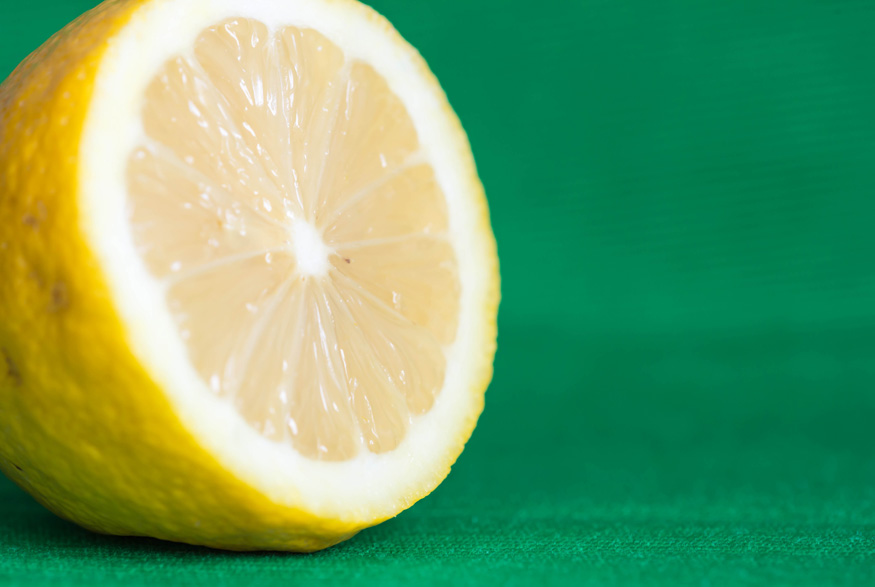
Use Lemons to Disinfect Cutting Boards and Countertops
The acid in lemons helps get rid of bacteria, so it’s a great solution for cleaning cutting boards and countertops. Simply slice a lemon in half and rub it, cut side down, over the surfaces you want to disinfect.
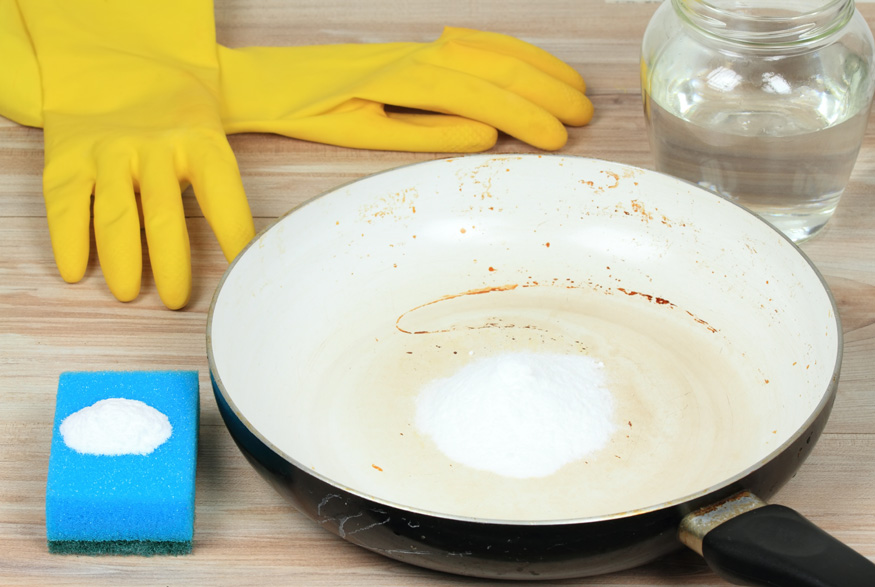
Use Baking Soda and Vinegar for Burnt Pans
Few things are as frustrating to clean as burnt pans. Make the job easier with the help of baking soda and vinegar. Simply pour some baking soda onto the burnt areas, followed by some vinegar. Leave it overnight and you’ll be able to scrub off the burnt food with minimal elbow grease.
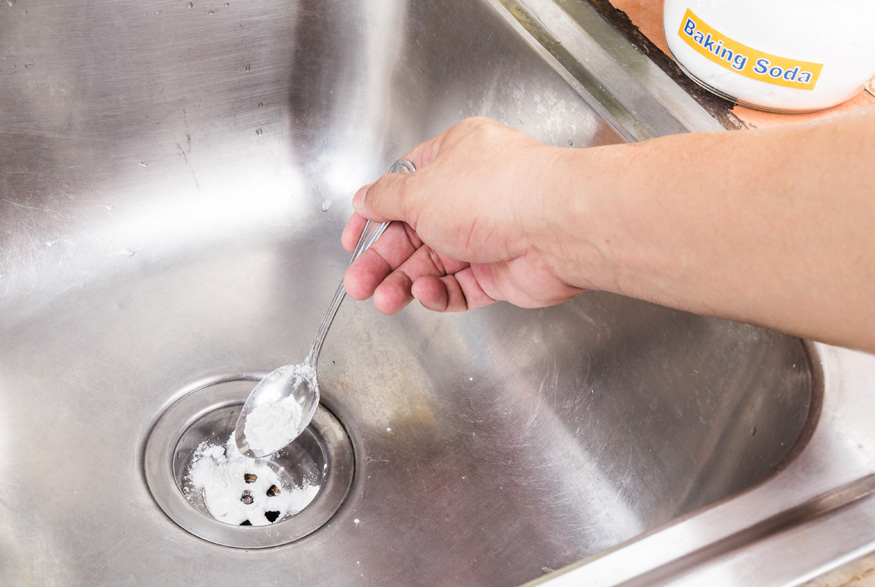
Use Baking Soda, Vinegar and Boiling Water for Clogged Drains
Bits of food and cold cooking oil can quickly clog up the drain in your kitchen sink. A quick, easy and safe way to unclog the drain is to pour a half cup of baking soda down it, followed by a quarter cup vinegar and some boiling water. This is one of the natural cleaners you can make at home to get things flowing properly again without the risk of chemical burns you could get from commercial drain cleaner.
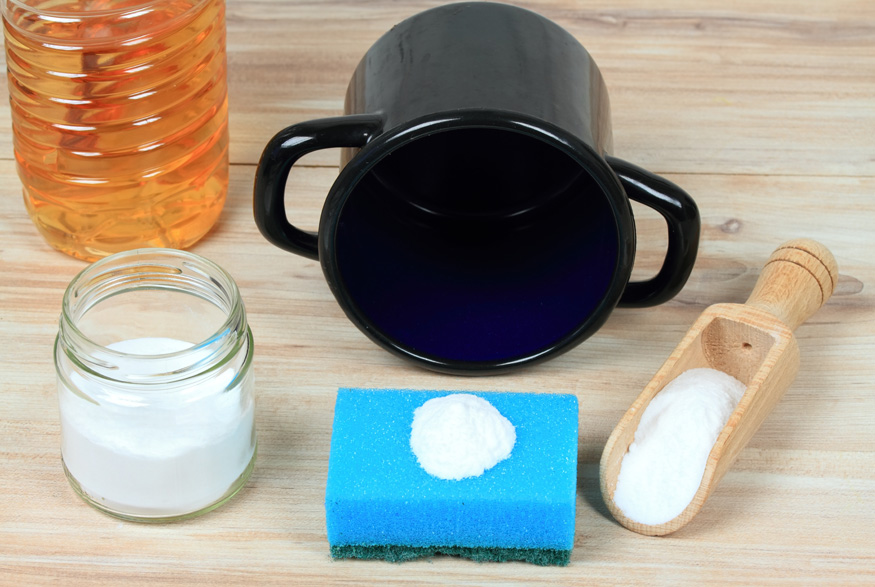
Use Baking Soda to Clean Pots and Pans
Scrubbing scorched pots and pans can cause even more damage. Instead, fill your cookware with water, bring it to the boil and add a few tablespoons of baking soda. Let it simmer and use a wooden spoon to loosen stubborn grime.
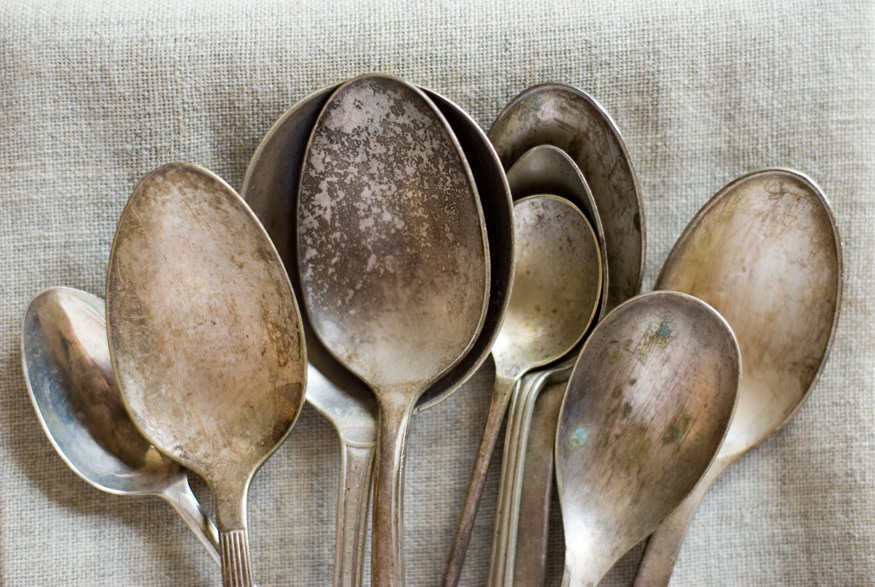
Use Baking Soda and Aluminum Foil to Clean Silverware
Instead of spending hours rubbing tarnished silverware with special polish, let the combination of baking soda and aluminum foil do the work for you. In a large pot, mix a tablespoon of baking soda with a litre of water, add a piece of aluminum foil and bring to a boil. Then dip your tarnished silverware into the pot for about ten seconds and use kitchen tongs to remove it so you don’t burn yourself.
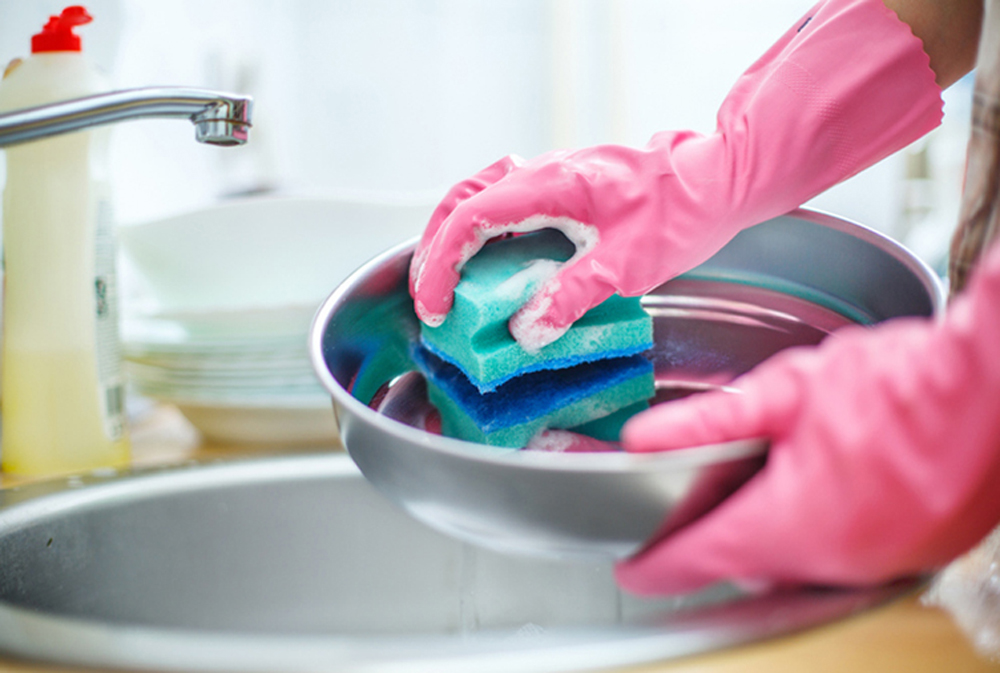
Use Ketchup to Clean Metal Surfaces
There are many surprising uses for everyday household items. Did you know, for instance, that ketchup is an effective cleaner for metal surfaces? Simply rub it onto copper, brass or stainless steel surfaces and it will remove the tarnish, making those surfaces gleam again.
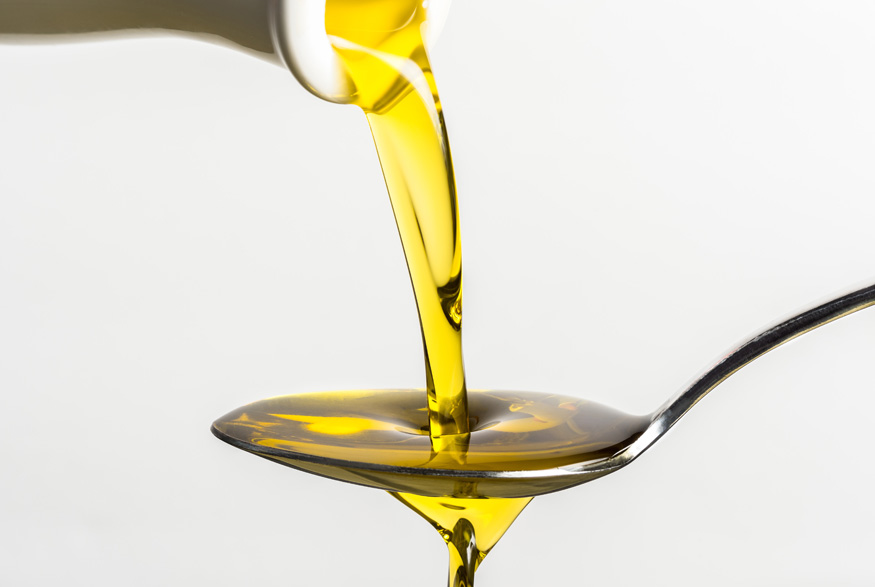
Use Vegetable Oil for Removing Grease
You can’t fight fire with fire but you can certainly fight grease with… vegetable oil. To remove grease from the stovetop, put some vegetable oil on a paper towel and use this to scrub away the stubborn spots. You can follow this with a grease-cutting solution like lemon juice to get rid of the vegetable oil.
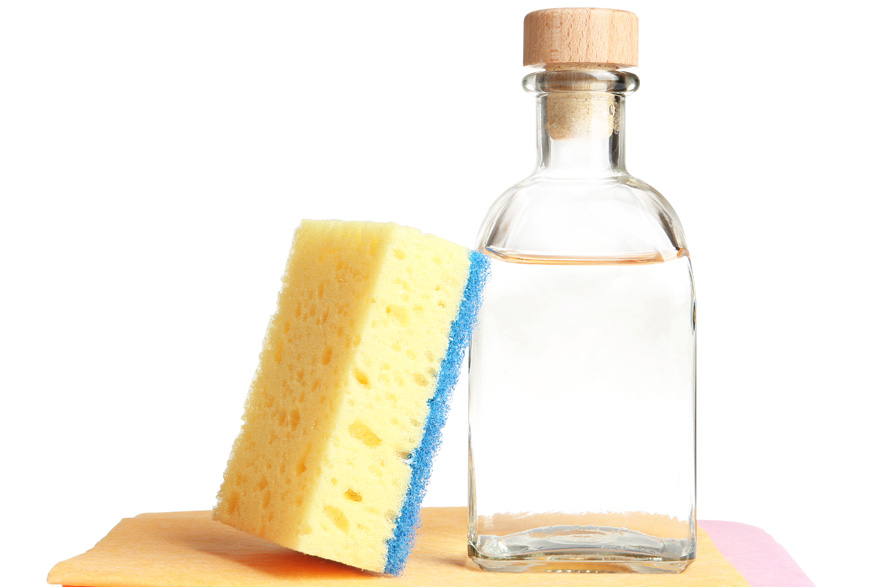
Use Vinegar to Remove Grease
The acid in vinegar is a powerful grease remover. However, vinegar on its own can be too acidic and damage some surfaces. Instead, mix it with water to dilute it. Then spray it onto greasy surfaces like the stovetop or the fronts of cabinets and let it sit for a few minutes. Afterwards, wipe it away with a wet cloth or sponge.
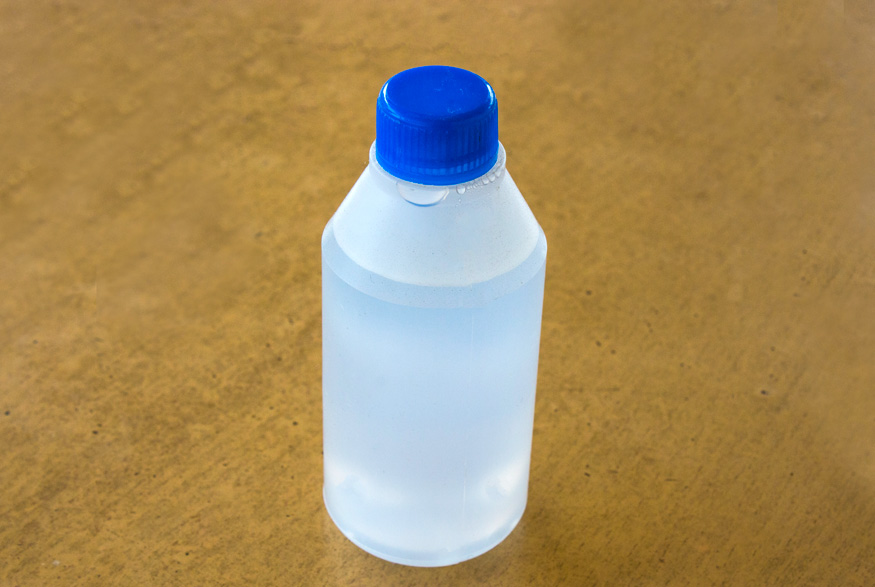
Use Hydrogen Peroxide Instead of Bleach
Bleach is a powerful antibacterial agent for cleaning countertops, cutting boards and floors, but commercial bleach products usually contain harmful chemicals as additives. Instead, use hydrogen peroxide, which acts as a gentler form of bleach. You can even use hydrogen peroxide to clean grout the smart way.
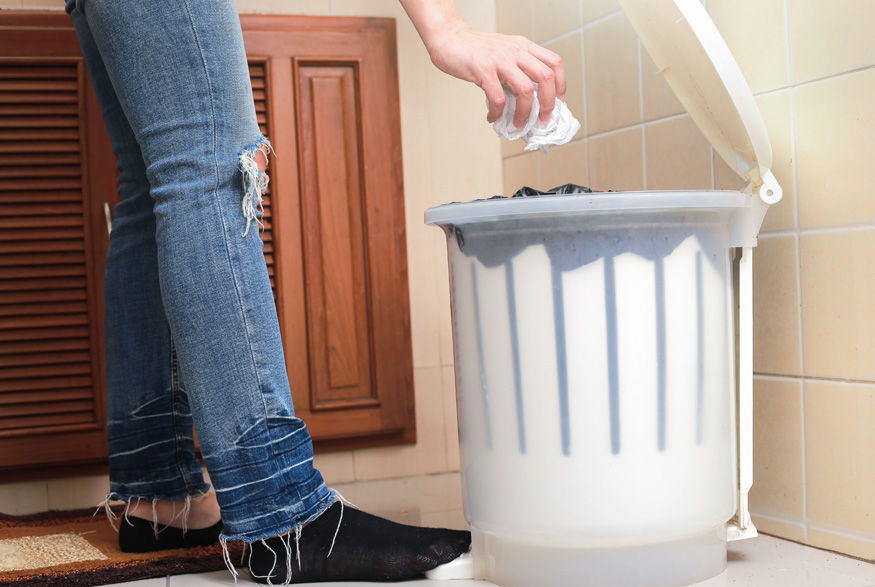
Use Hydrogen Peroxide in the Garbage Can
The inside of the garbage can is the perfect breeding ground for bacteria. Use hydrogen peroxide to clean the garbage can, since it has powerful antibacterial properties.
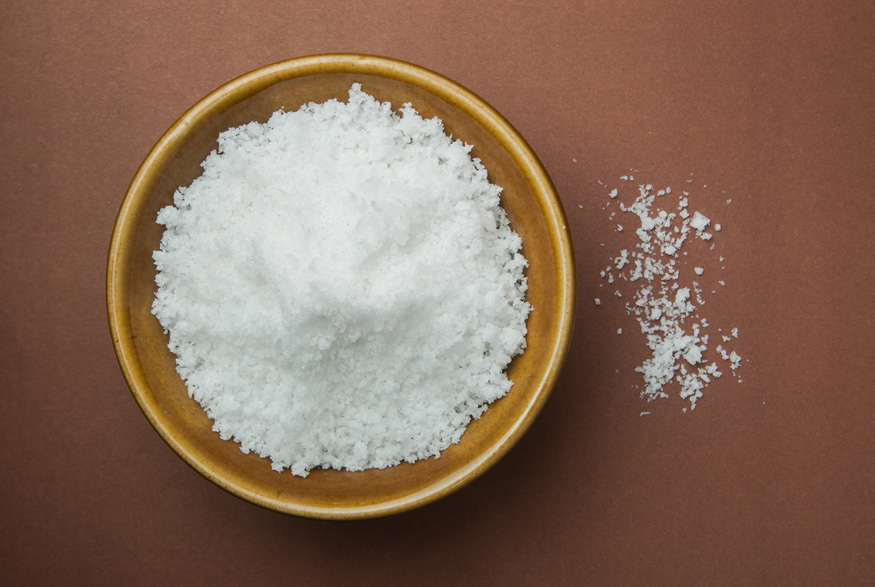
Use Salt to Scrub Stubborn Dirt
Making your own cleaners is one of the super simple ways to go green at home. Salt’s abrasive properties make it a very effective cleaner for stubborn dirt. Sprinkle it on the grime and use a damp cloth or sponge to rub it over the area. It will scrub off the dirt without damaging the surface.
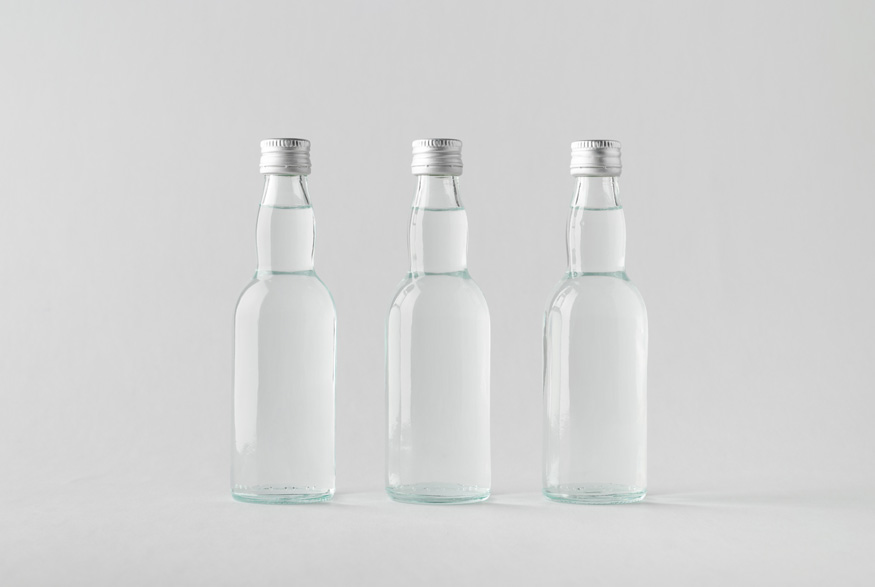
Use Vodka as Glass Cleaner
Commercial glass cleaners usually have a base of alcohol with other ingredients added. Instead, you can use vodka for cleaning windows and other glass surfaces. Spray it onto the surface you want to clean and wipe it with a lint-free cloth or some old newspaper. Of course, use cheap vodka rather than that expensive imported brand.
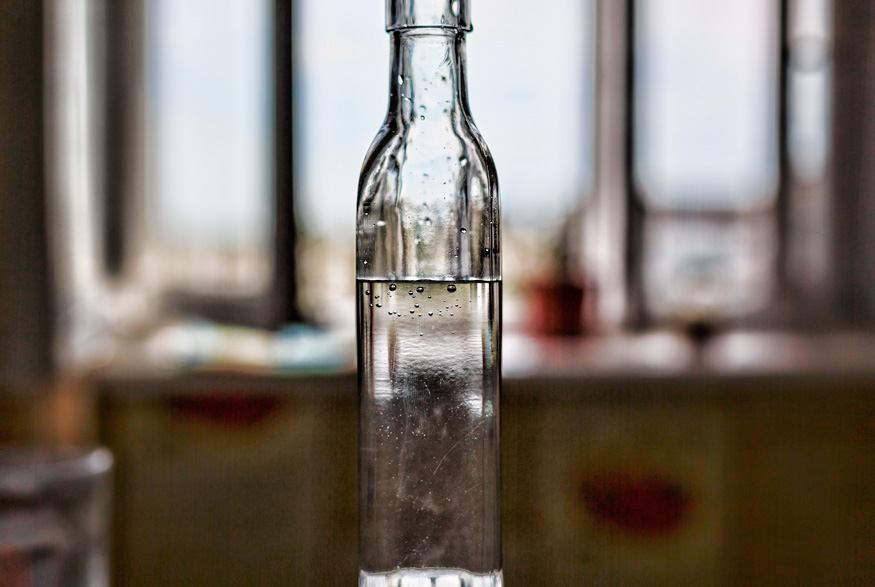
Use Vinegar for Glass
Another great glass cleaner is vinegar. Spray it onto the glass surface and wipe it off with newspaper to avoid streaks.
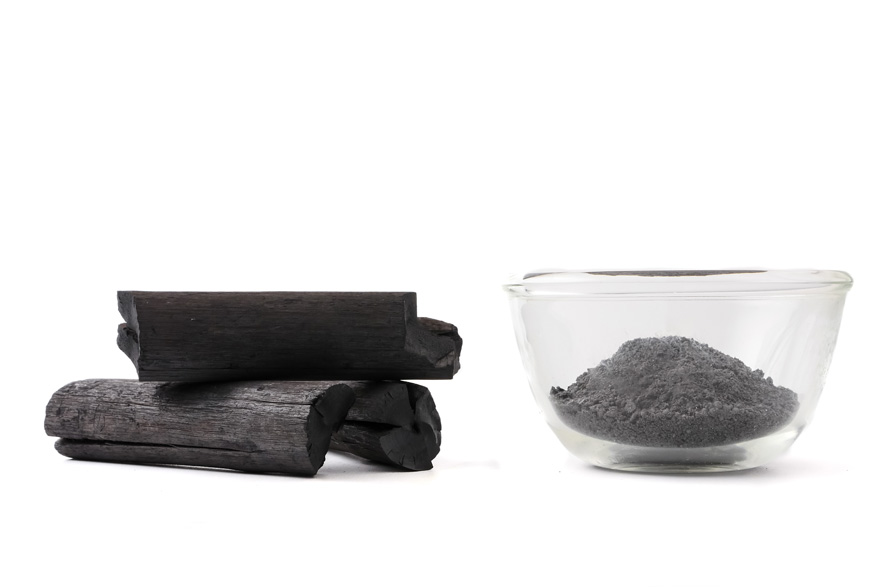
Use Activated Charcoal to Deodorize the Fridge
Even when the inside of your fridge is spotless, the food you keep in there can still cause strong odours. Put some activated charcoal in a bowl and keep it at the back of the fridge. It will absorb all those odours.
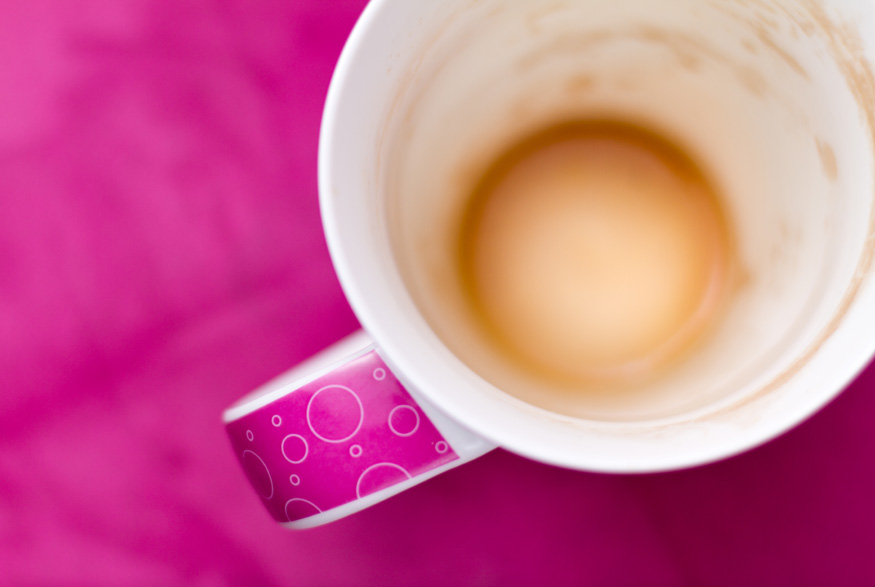
Use Baking Soda to Clean Stained Cups and Mugs
Your tea or coffee habit can wreak havoc on your cups and mugs. To get rid of the stains, make a paste of baking soda and water. Spread it over the stained areas and let it sit for a bit before wiping it off.
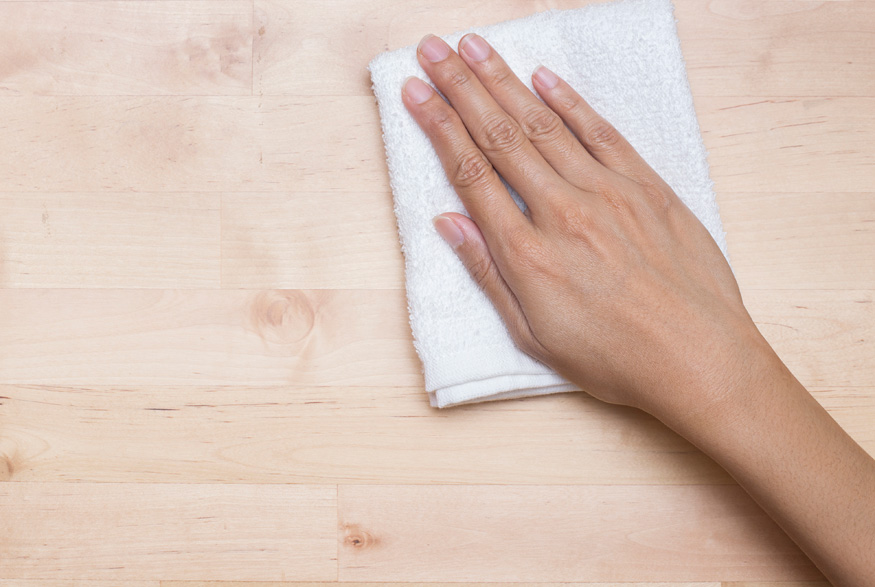
Use Lemon Juice and Olive Oil to Polish Wood
Those gorgeous wooden surfaces and kitchen cabinets will only stay gorgeous if you give them a regular polish. However, using commercial wood polish and other cleaning products could be one of the ways your house could be making you sick. For a non-toxic wood polish, mix about one part lemon juice and two parts olive oil in a spray bottle. Shake it, spray it onto those wooden surfaces and use a clean cloth to rub it into the wood.
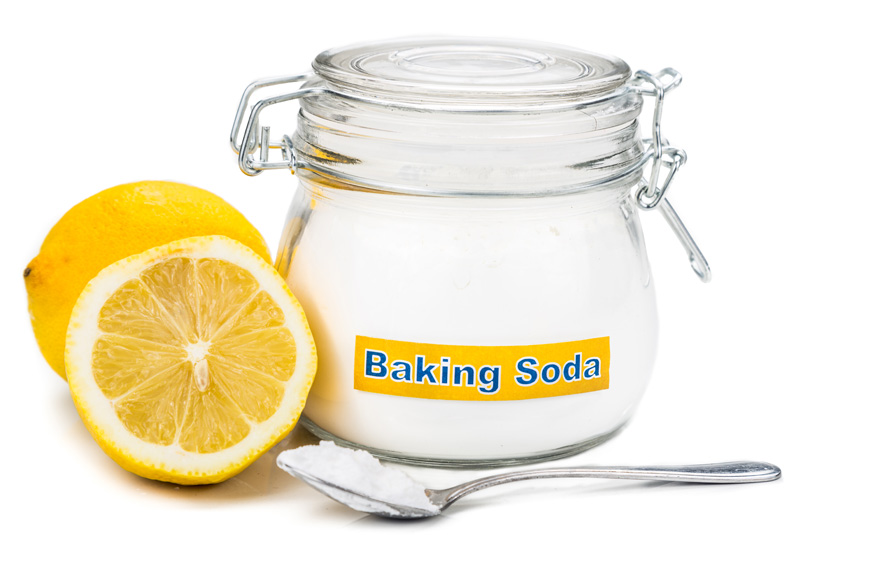
Use Baking Soda and Lemon to Clean Tiles
To clean tiled surfaces, cut a lemon in half. Then sprinkle some baking soda on the cut side and rub this across the tiles. The baking soda has mildly abrasive properties while the acid in the lemon juice will help lift grime. It will also leave the tiled surface smelling fresh and clean.
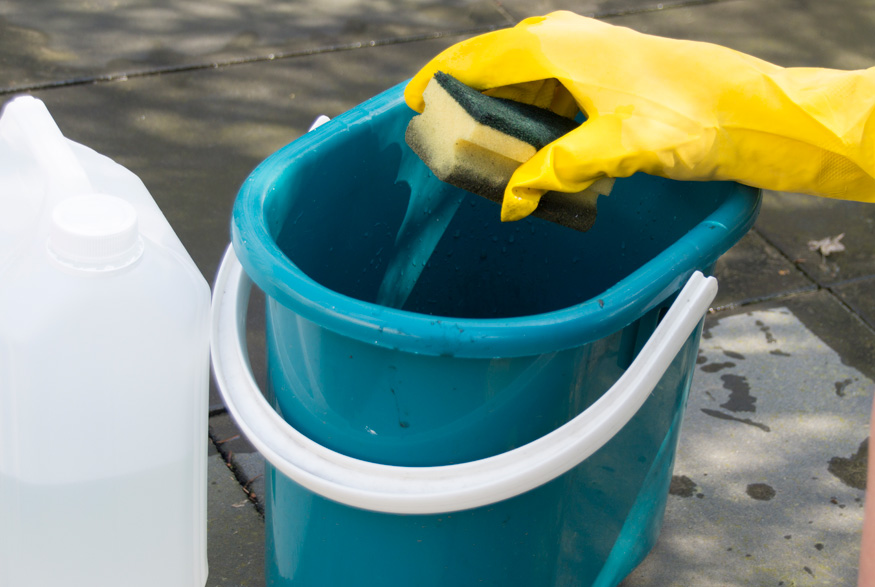
Use Vinegar for Cleaning Floors
For laminate, ceramic and most other floor surfaces, you can use vinegar as a cheap floor cleaner. Mix about a cup of vinegar to about four litres of water. Avoid using vinegar on wooden floors, though, since it can damage the wood.
HGTV your inbox.
By clicking "SIGN UP” you agree to receive emails from HGTV and accept Corus' Terms of Use and Corus' Privacy Policy.





